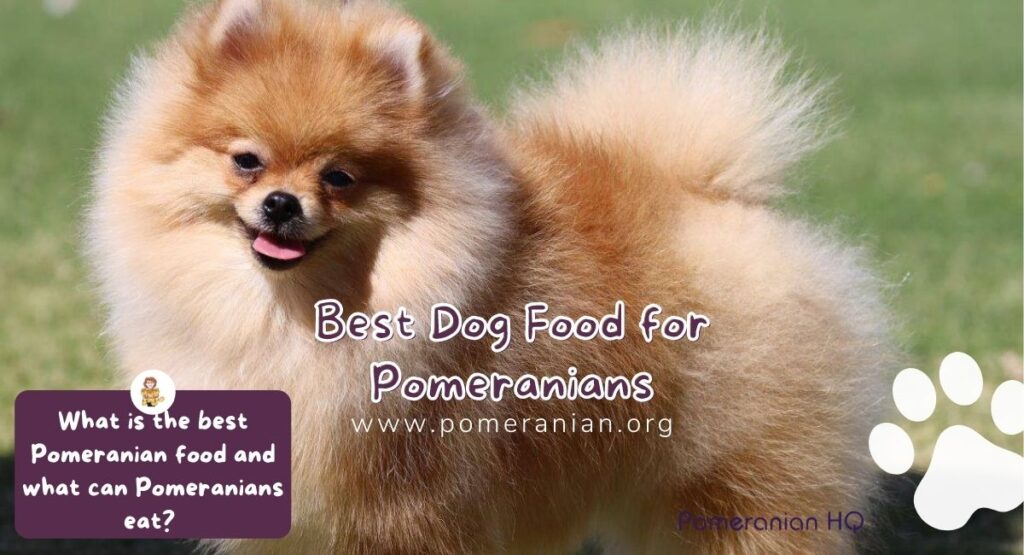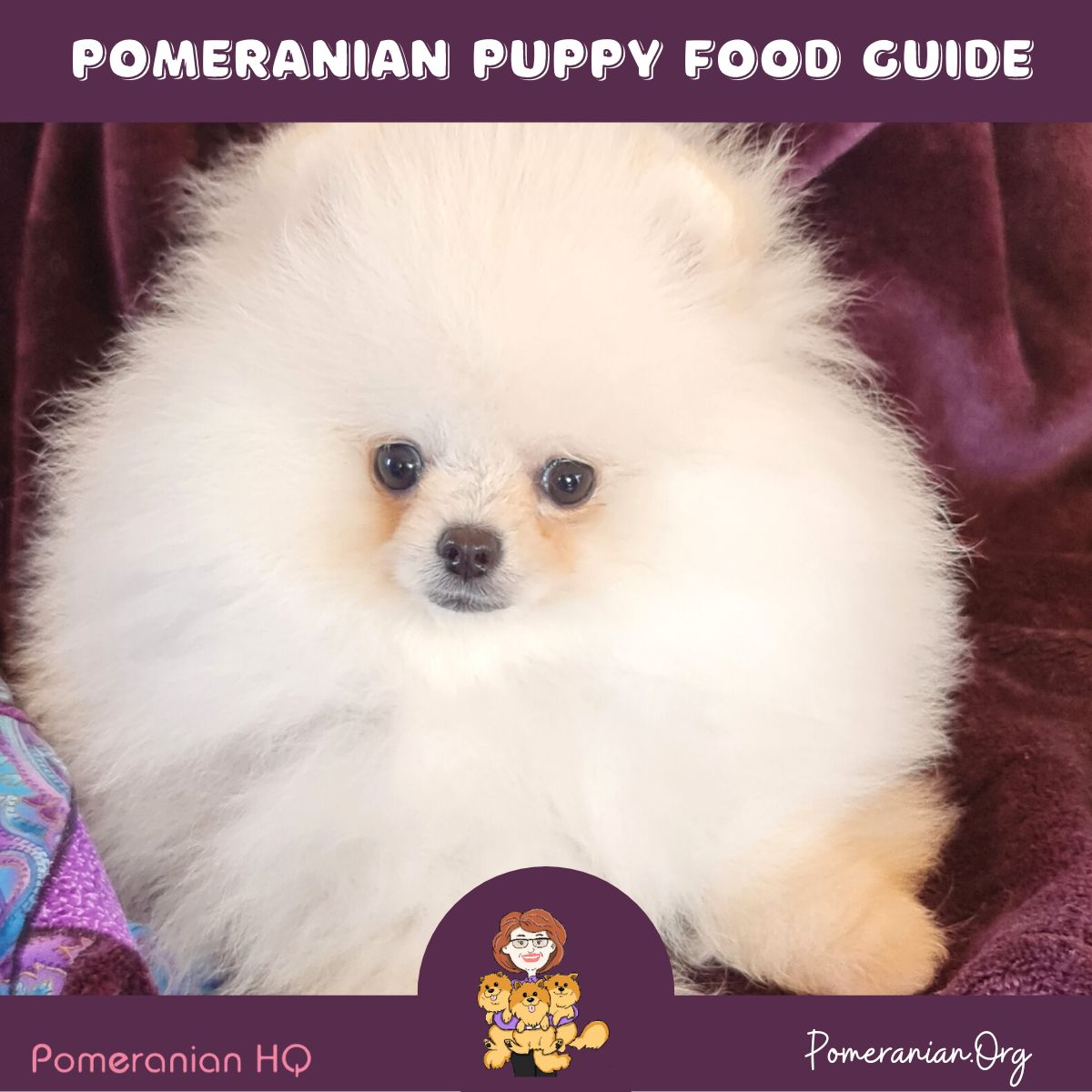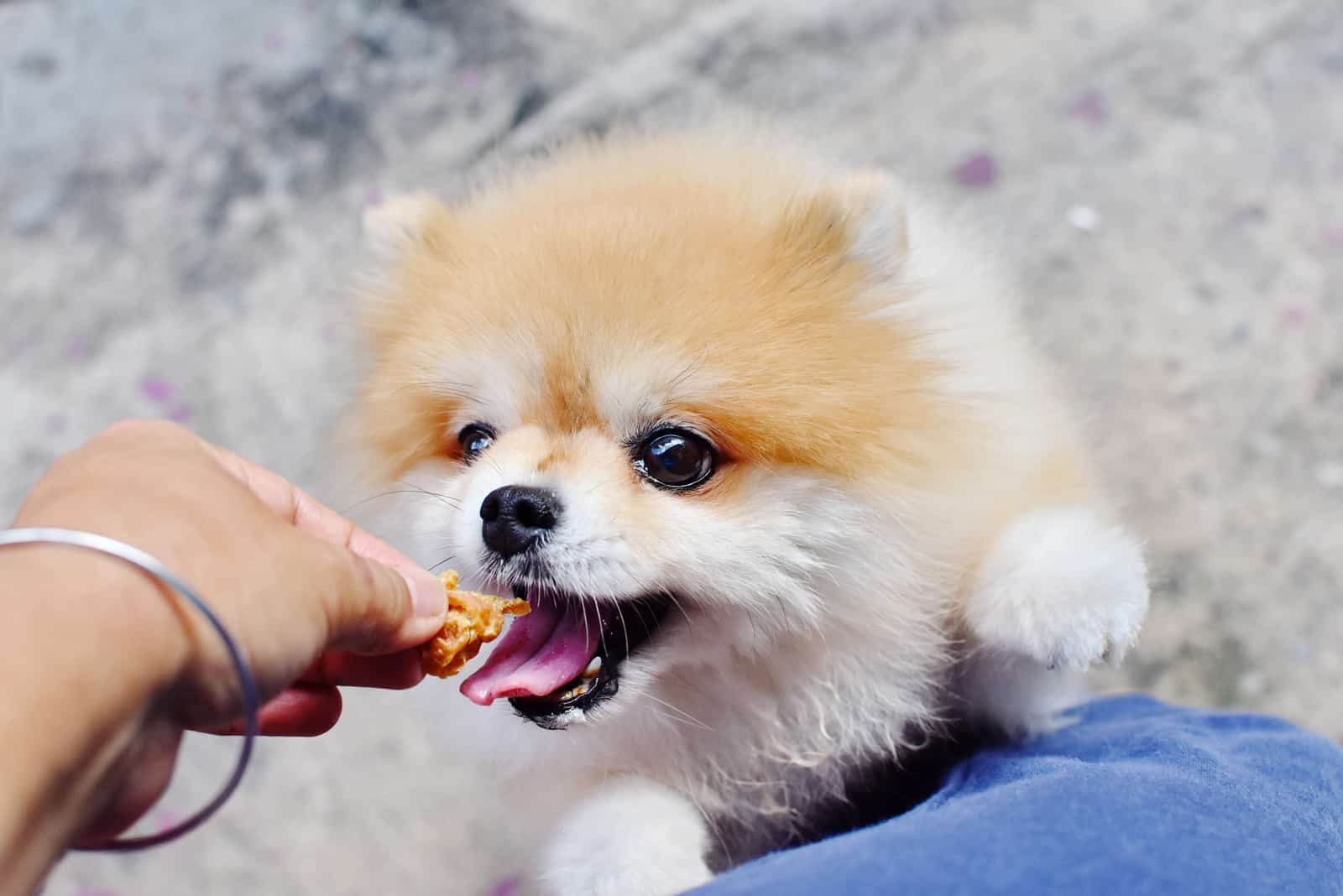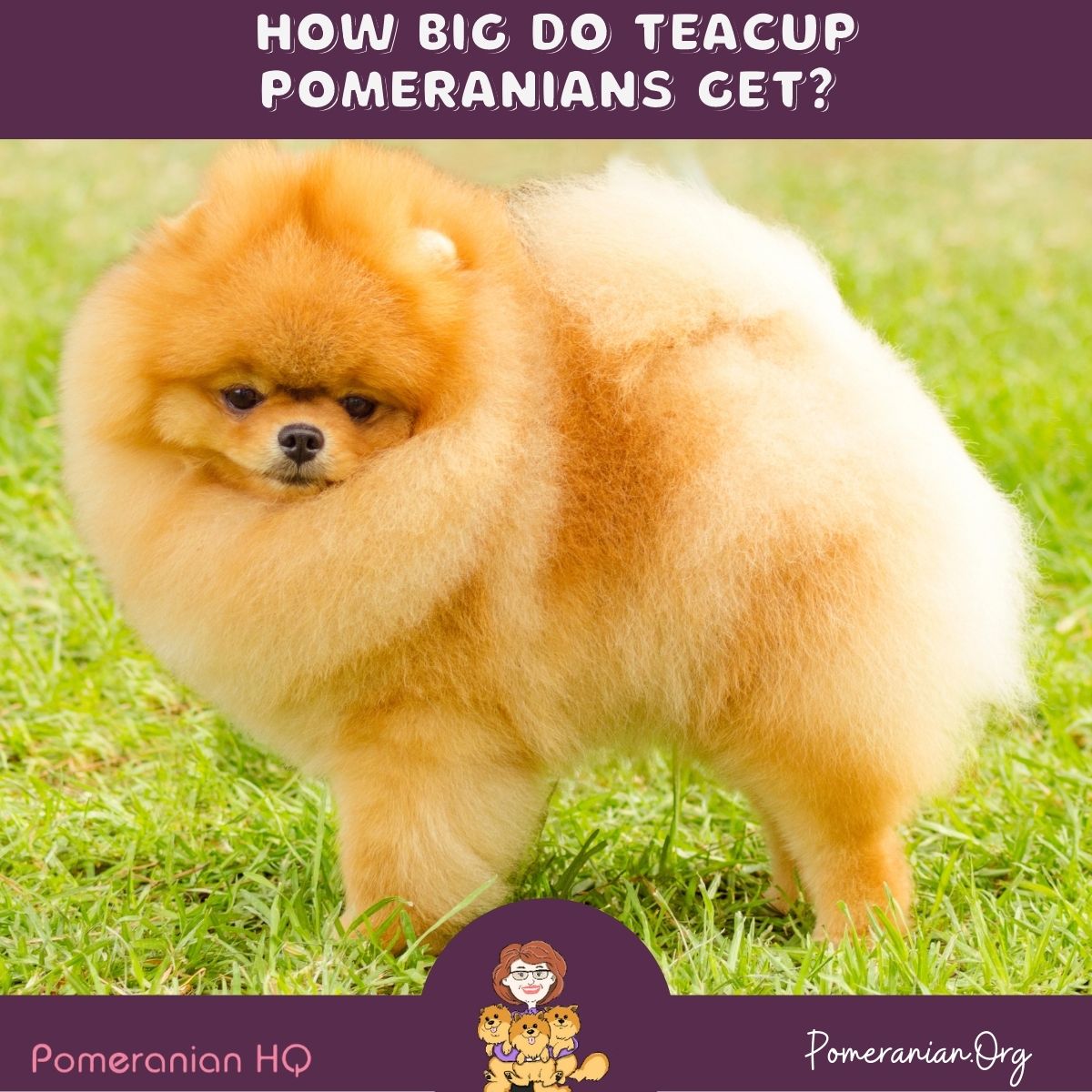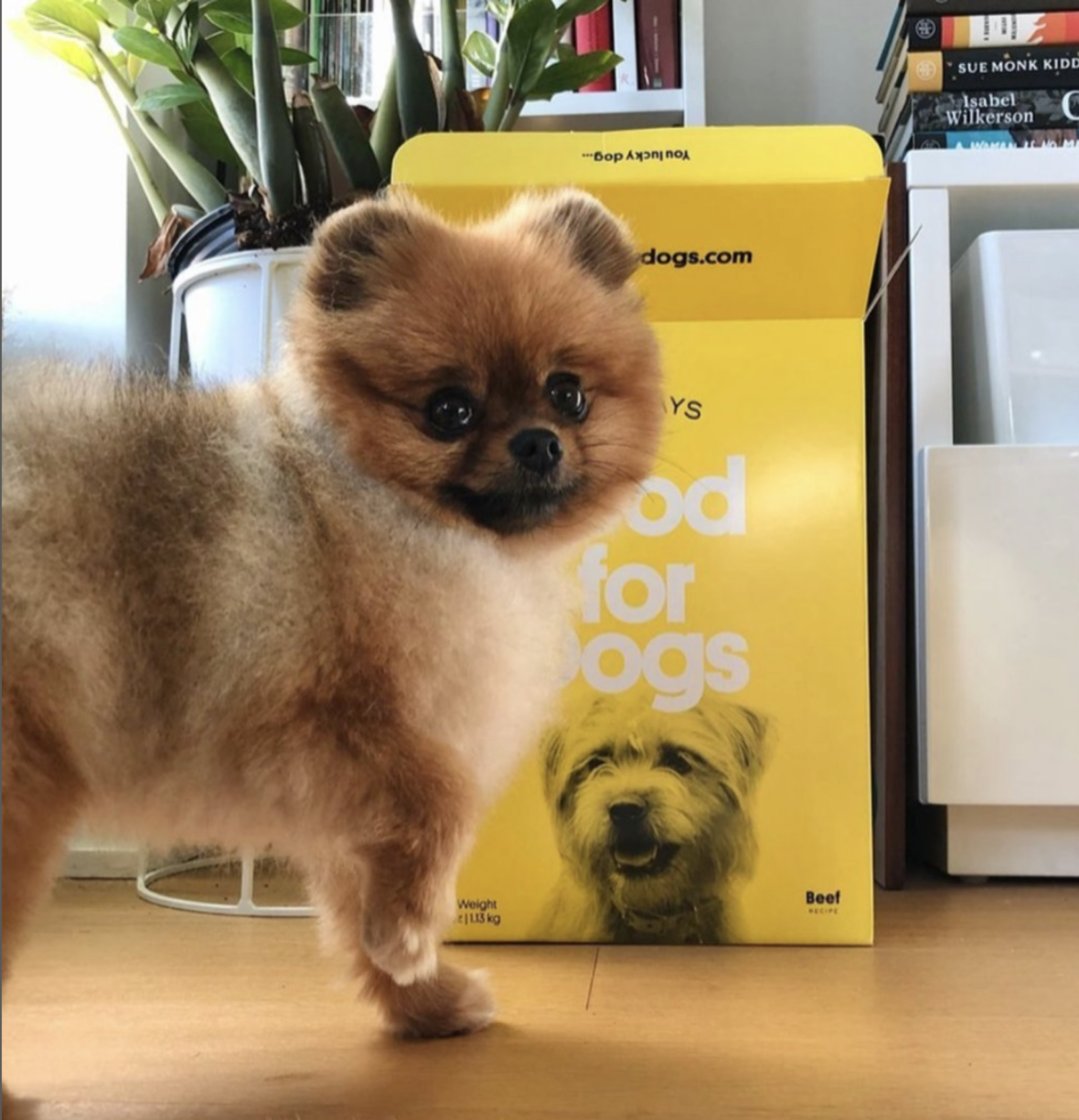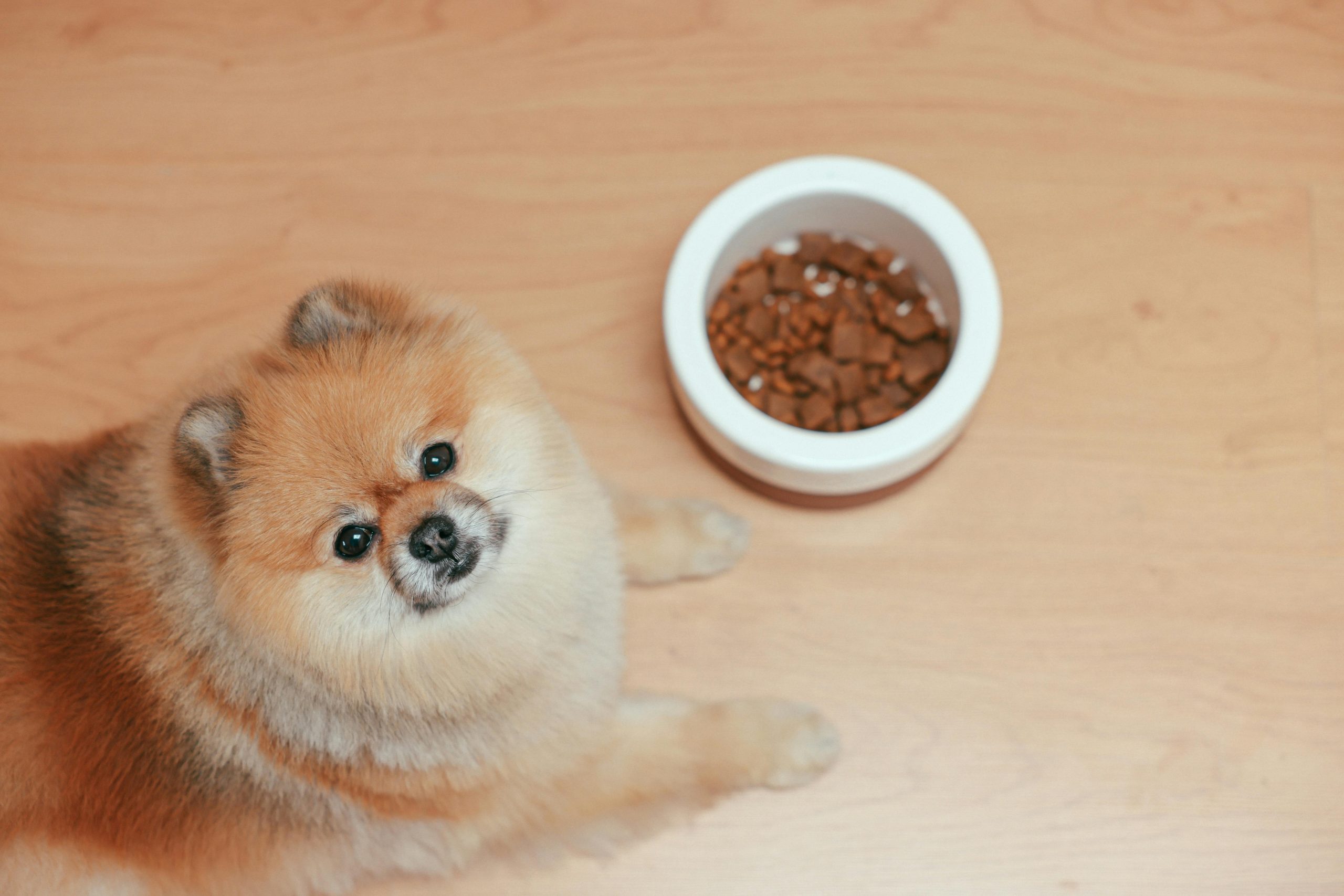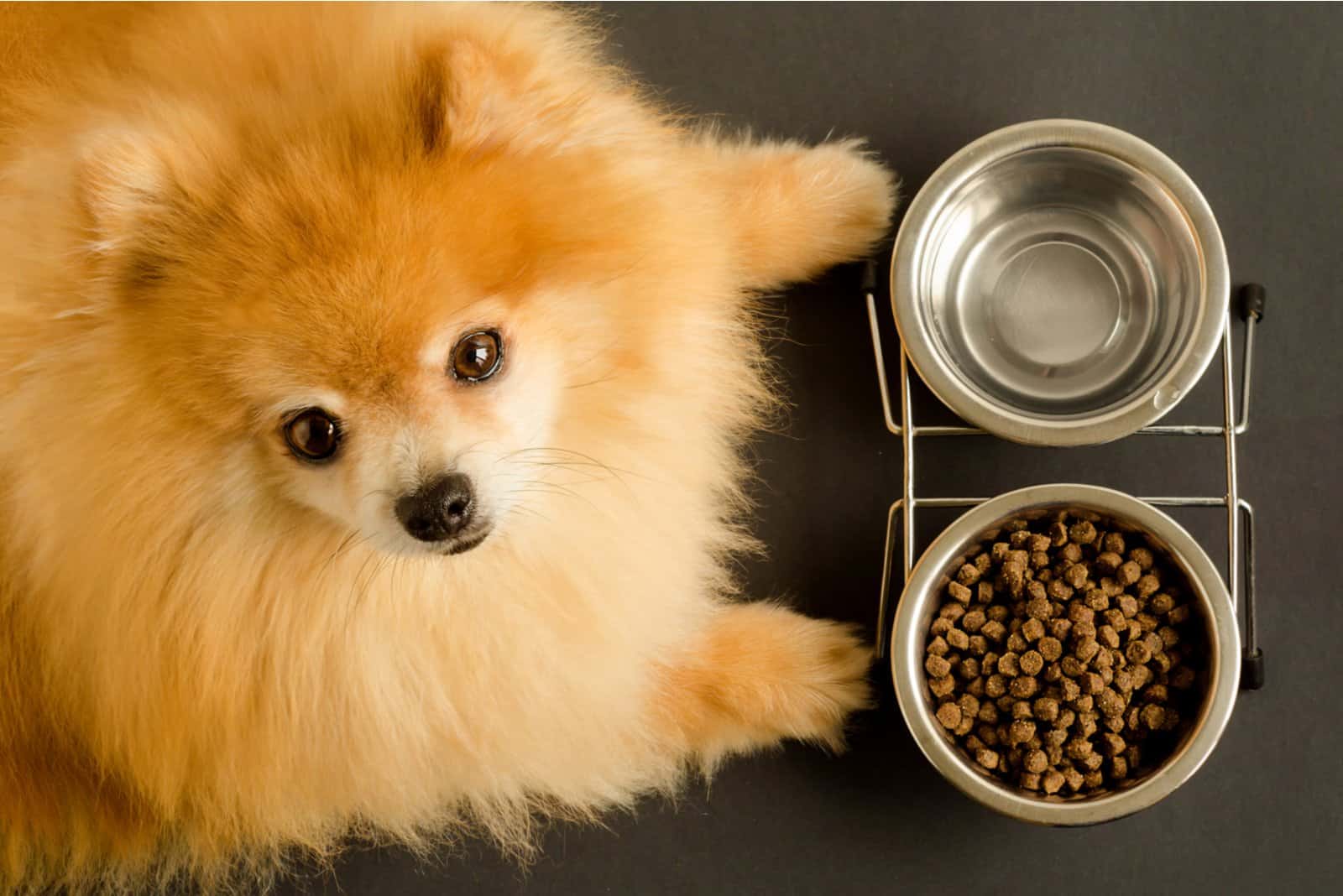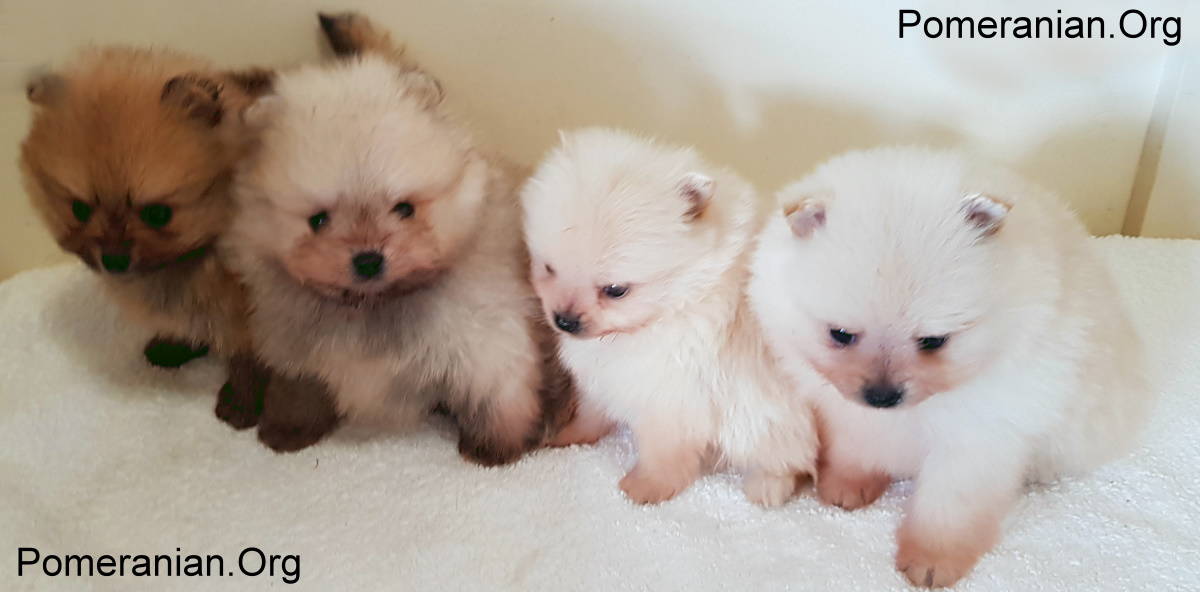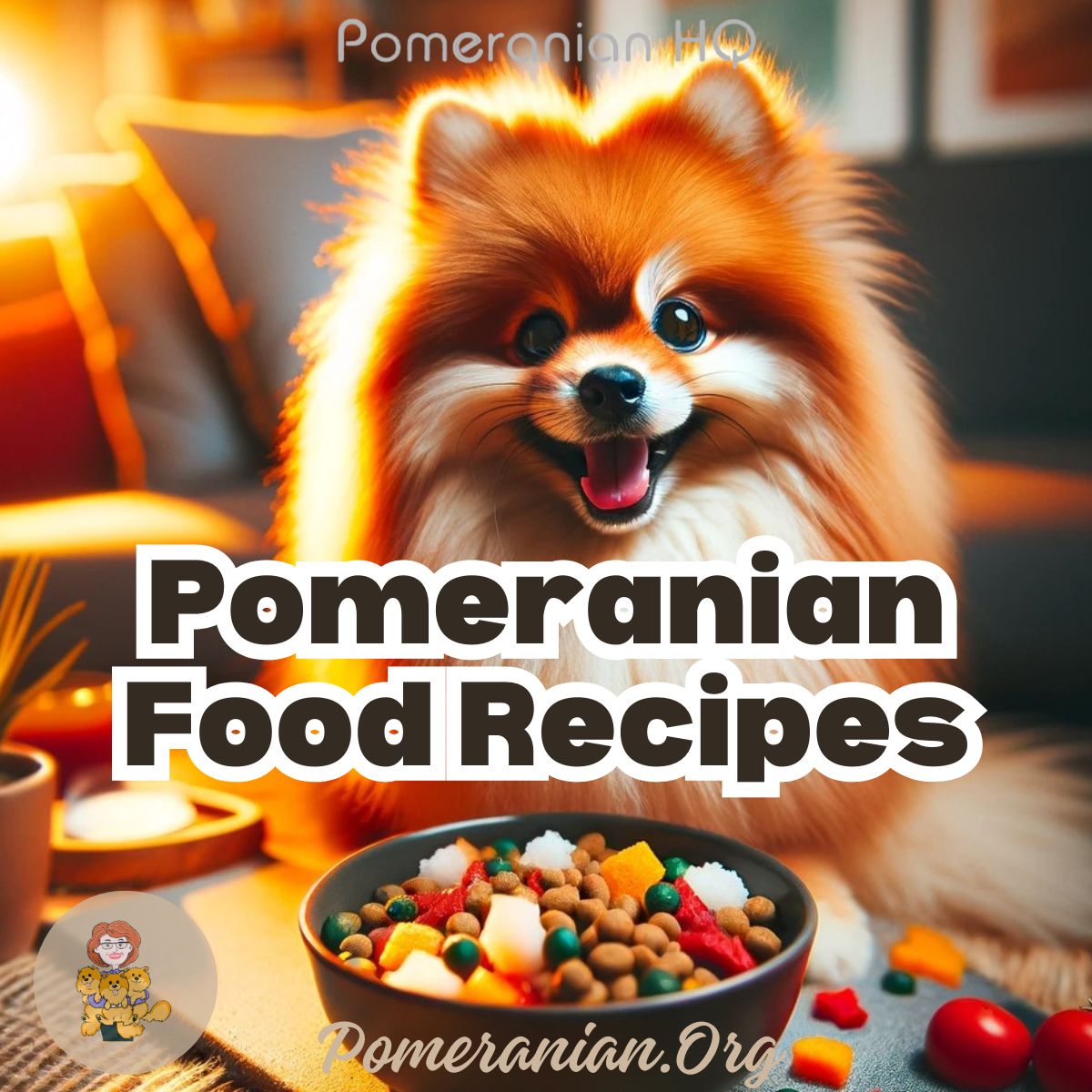Best Food For Teacup Pomeranian Puppy
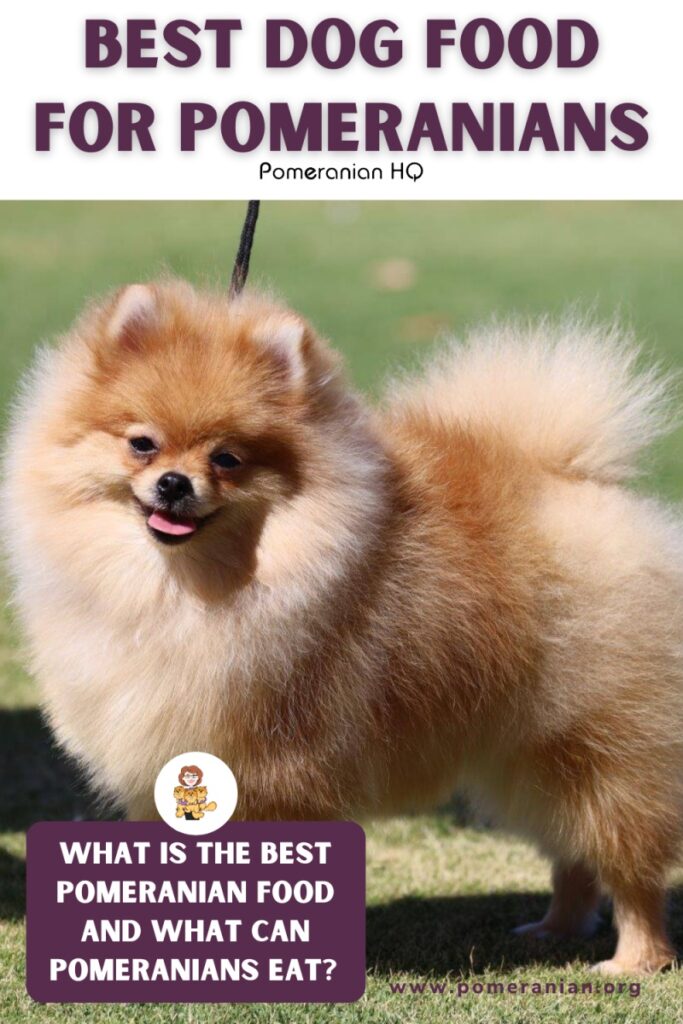
The rise in popularity of Teacup Pomeranians, those undeniably adorable miniature versions of the breed, has brought with it a wave of questions, particularly concerning their specialized care. Among the most crucial aspects is nutrition. Proper feeding is not merely about providing sustenance but ensuring the survival and thriving of these exceptionally small and delicate puppies.
This article delves into the optimal dietary needs of Teacup Pomeranian puppies, a topic fraught with misinformation and potential dangers. We will explore the specific nutrients they require, the best types of food to provide, and the critical feeding practices that can prevent life-threatening complications. Ultimately, the goal is to empower owners with the knowledge to give their Teacup Pomeranian puppies the healthiest possible start in life.
Understanding the Unique Needs of Teacup Pomeranians
Teacup Pomeranians, often weighing less than 4 pounds at maturity, face significant health challenges due to their diminutive size. Hypoglycemia, or low blood sugar, is a major concern, as their tiny bodies have limited energy reserves. This necessitates frequent feeding and careful monitoring of their glucose levels, as confirmed by the American Veterinary Medical Association (AVMA).
Furthermore, their small jaws and digestive systems demand food that is easily chewable and digestible. Choosing the right food is therefore non-negotiable, impacting not just their growth but also their long-term health and vitality.
The Cornerstone: High-Quality Puppy Food
The foundation of a Teacup Pomeranian puppy's diet should be a high-quality puppy food specifically formulated for small breeds. Look for foods that list a named meat source (e.g., chicken, lamb, or fish) as the first ingredient. Avoid foods containing excessive fillers like corn, wheat, or soy, as these offer little nutritional value and can be difficult to digest.
Consider brands that have been rigorously tested and approved by the Association of American Feed Control Officials (AAFCO). This ensures the food meets minimum nutritional requirements for puppies.
Dry vs. Wet Food: A Balanced Approach
Both dry and wet food have their advantages and disadvantages. Dry kibble helps to maintain dental hygiene by scraping away plaque and tartar as the puppy chews. However, it can be challenging for some Teacup Pomeranians to chew, especially those with dental issues.
Wet food is often more palatable and easier to consume, providing crucial hydration. Many vets, including Dr. Emily Carter, a renowned veterinary nutritionist, recommend a combination of both. "Offering both dry and wet food allows you to cater to your puppy's preferences while ensuring they receive the necessary nutrients and hydration," she stated in a recent interview.
Essential Nutrients and Supplements
Beyond the basic macronutrients, Teacup Pomeranian puppies require specific vitamins and minerals for optimal growth and development. Calcium and phosphorus are vital for strong bones and teeth, while DHA (docosahexaenoic acid), an omega-3 fatty acid, supports brain and eye development. These are according to data released by the PetMD resource center.
In some cases, supplemental vitamins and minerals may be necessary, particularly if the puppy has specific dietary needs or deficiencies. However, it's crucial to consult with a veterinarian before adding any supplements to their diet to avoid over-supplementation, which can be just as harmful as deficiencies.
Feeding Frequency and Portion Control
Due to their susceptibility to hypoglycemia, Teacup Pomeranian puppies need to be fed frequently – typically 4-6 small meals throughout the day. It's important to establish a consistent feeding schedule and monitor the puppy for signs of low blood sugar, such as lethargy, weakness, or seizures. If the puppy exhibits these signs, a small amount of honey or corn syrup can be given to raise their blood sugar levels quickly, followed by a proper meal.
Portion control is also crucial to prevent overfeeding and obesity. Use a measuring cup to ensure you're providing the correct amount of food based on the puppy's weight and age. Follow the feeding guidelines on the food packaging as a starting point, but adjust as needed based on your veterinarian's recommendations.
Foods to Avoid
Certain foods are toxic to dogs and should never be given to a Teacup Pomeranian puppy. These include chocolate, onions, garlic, grapes, raisins, avocado, and artificial sweeteners like xylitol. Even small amounts of these foods can cause serious health problems or even death.
Furthermore, avoid giving them bones, as they can splinter and cause internal injuries. Processed human food, which often contains high levels of salt, sugar, and unhealthy fats, should also be avoided.
Future Considerations: A Lifelong Commitment to Health
The dietary needs of a Teacup Pomeranian evolve as they grow from puppyhood to adulthood. Regular veterinary check-ups and ongoing monitoring of their weight and overall health are essential. As they age, they may require specialized diets tailored to their specific needs, such as senior food or diets formulated for specific health conditions.
Ultimately, providing the best food for your Teacup Pomeranian puppy is a continuous journey that requires dedication, knowledge, and a close partnership with your veterinarian. By prioritizing their nutritional needs, you can help them live a long, healthy, and happy life.

